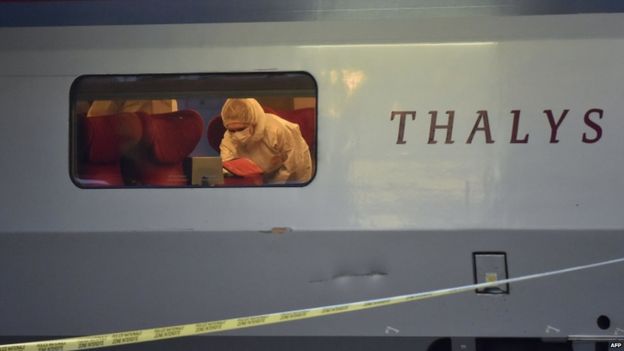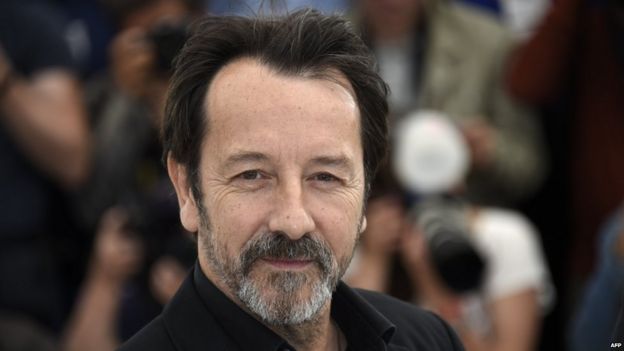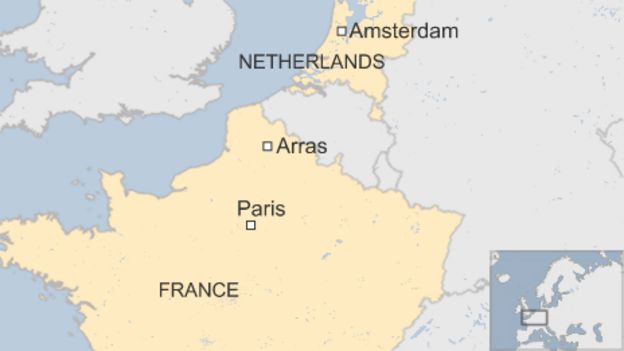Political uncertainty has sent the lira currency to a series of record lows

In this Saturday, May 30, 2015 photo, supporters of Turkey’s President Recep Tayyip Erdoğan and Prime Minister and leader of the Justice and Development Party (AKP) Ahmet Davutoğlu, some holding Turkish flags, wait for their appearance in Istanbul, Turkey, during a rally to commemorate the anniversary of city’s conquest by the Ottoman Turks. (AP Photo/Lefteris Pitarakis)
Davutoğlu had been trying to find a junior coalition partner since the Justice and Development Party (AKP) lost its parliamentary majority in an election in June, leaving it unable to govern alone for the first time since it came to power in 2002.
AKP spokesman Beşir Atalay said Davutoğlu would hand the mandate back to President Recep Tayyip Erdoğan at a meeting later on Tuesday, and that the party would hold a congress on September 12.
The NATO member has not seen this level of political uncertainty since the fragile coalition governments of the 1990s – turmoil it could do without as it takes on a frontline role in the US-led campaign against Islamic State of Iraq and Syria (ISIS) insurgents in Syria and battles Kurdish militants at home.
Davutoğlu met the leader of the right-wing opposition Nationalist Movement Party (MHP) on Monday in a last-ditch effort to agree a working government, but the nationalist leader refused all the options he presented.
“After yesterday’s talks, no coalition option remains for the party. Davutoğlu will therefore return the mandate to the president this evening,” a senior party official told Reuters earlier, asking not to be named because of the sensitivity of the situation.
Erdoğan could theoretically now hand the mandate to form the next government to the Republican People’s Party (CHP), Turkey’s second biggest party, although it is also highly unlikely to be able to agree a working coalition before an August 23 deadline.
Under the terms of the constitution, if no government is formed by August 23, Erdoğan must dissolve Davutoğlu’s caretaker cabinet and call on an interim power-sharing government to lead Turkey to a new election in the autumn.
Paralysis looms
Such a temporary arrangement would theoretically hand cabinet positions to four parties with deep ideological divisions, paralyzing policy-making and deepening the instability that has sent the lira currency to a series of record lows.
But even forming such an interim “election cabinet” is likely to be difficult.
The pro-Kurdish Peoples’ Democratic Party (HDP) said it would offer representatives to take part, but the nationalist MHP has made clear it would not countenance doing so.
Senior AKP officials had been betting that the nationalists, virulently opposed to greater Kurdish political power, would do anything possible to avoid a scenario in which the HDP held cabinet seats, and that they might support a short-lived minority AKP government in return for a new election.
But nationalist leader Devlet Bahceli has ruled that out, leaving an interim power-sharing cabinet as virtually the only option. He is apparently calculating that the prospect of Kurdish politicians in ministerial positions will so enrage those on Turkey’s political right that they will flock to support his party at the next election.
Parliament could in theory also vote to allow the current cabinet to continue working until a new election, but the MHP has already said it would vote against such a move and other opposition parties have little incentive to do any different.





